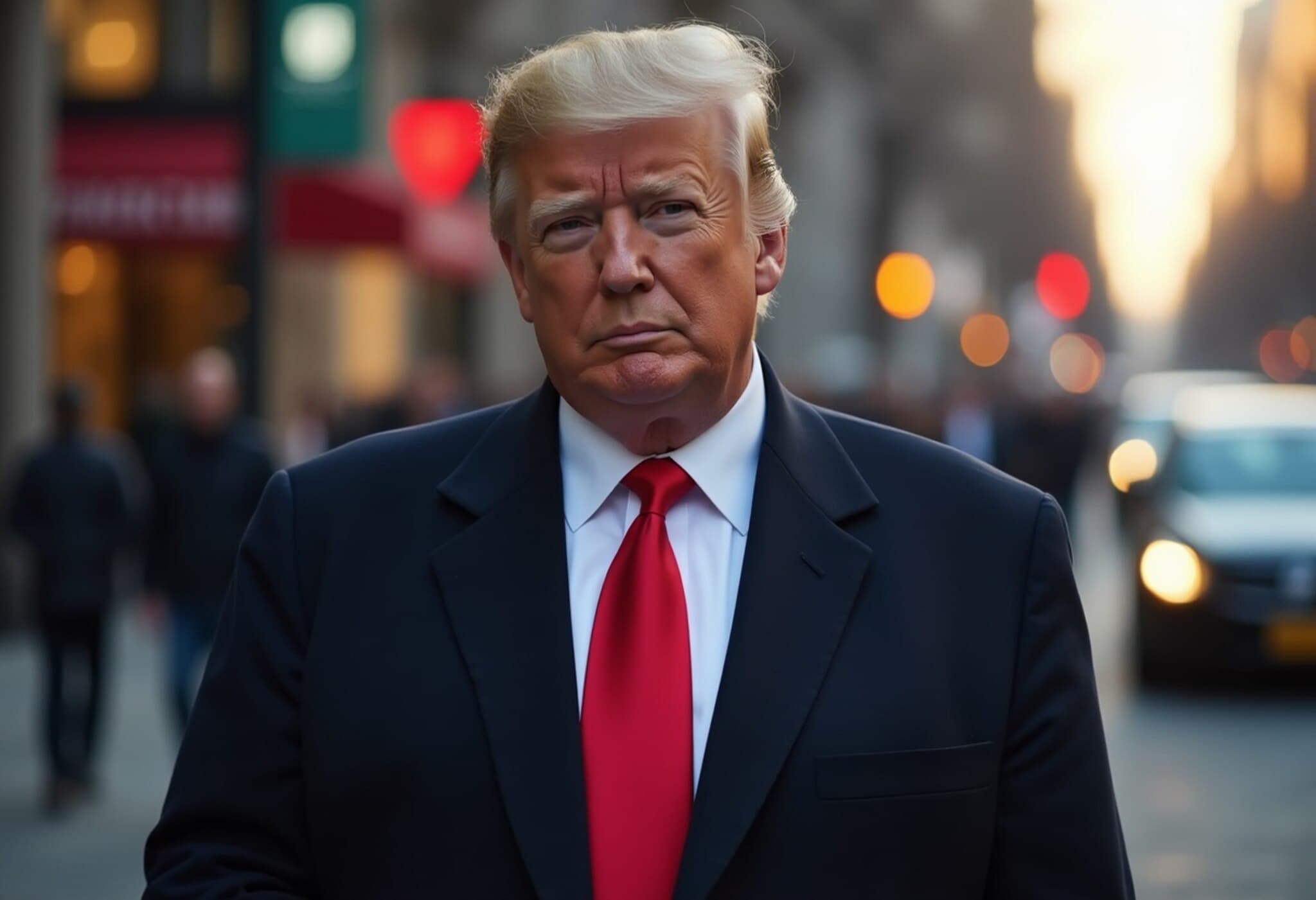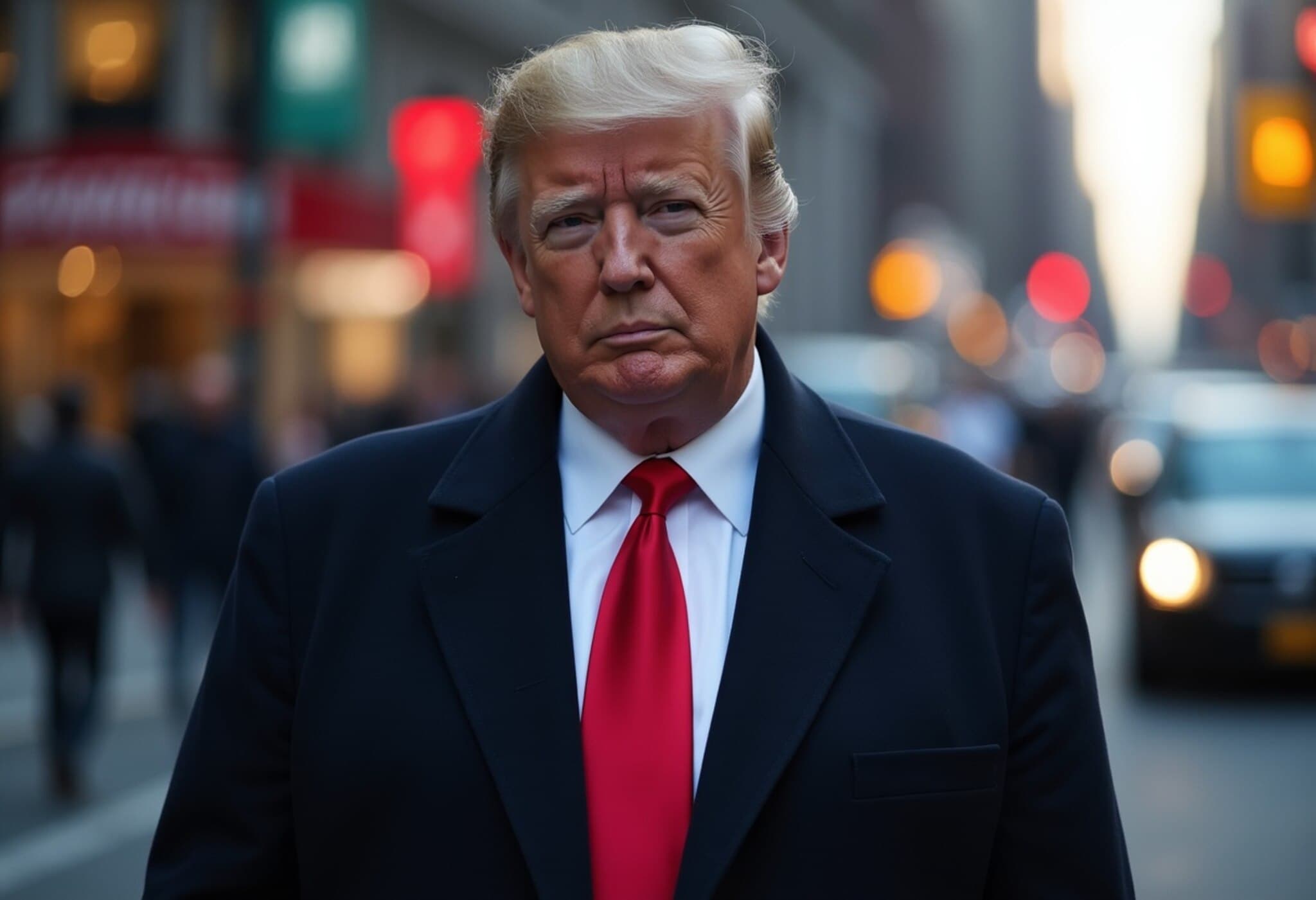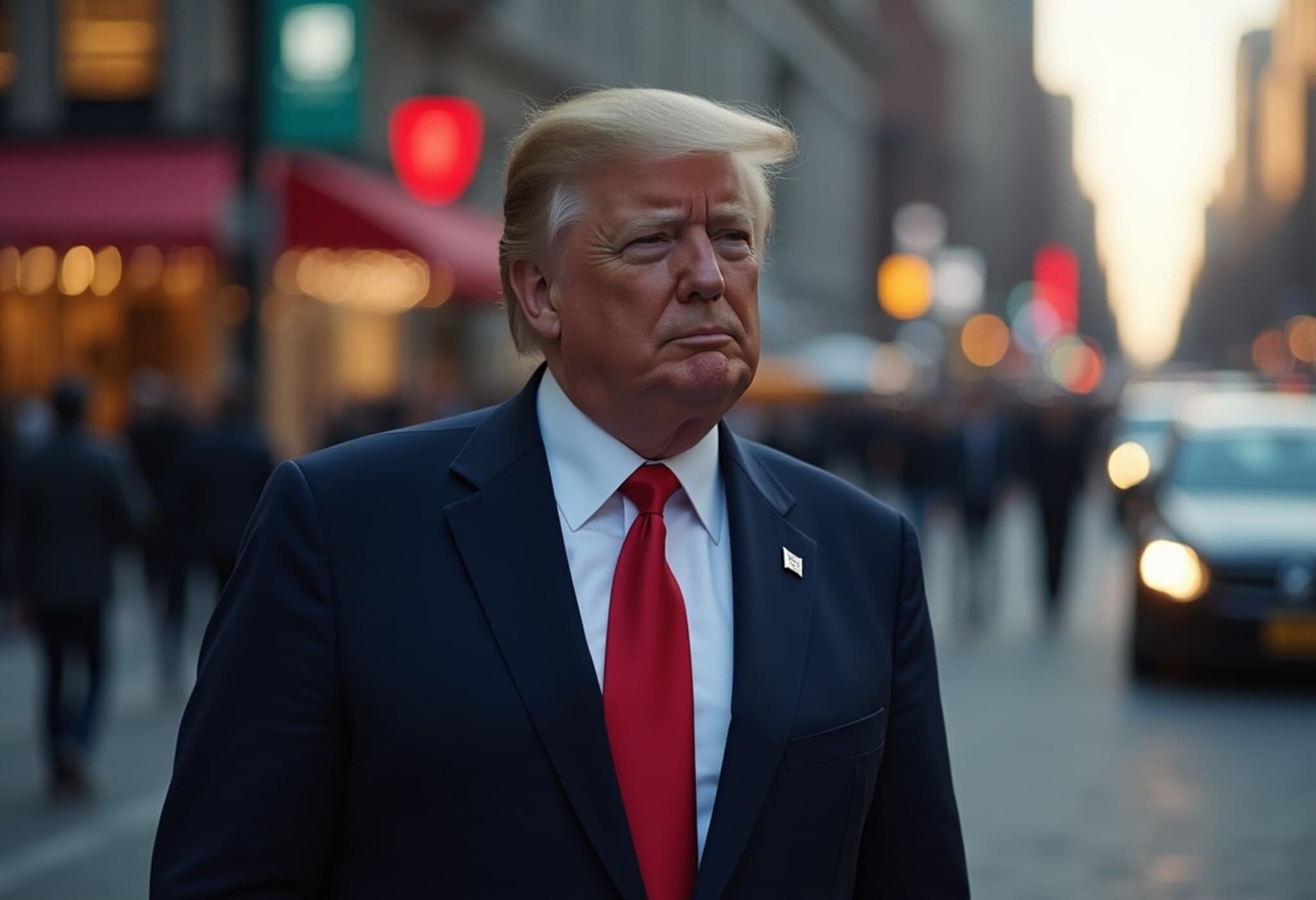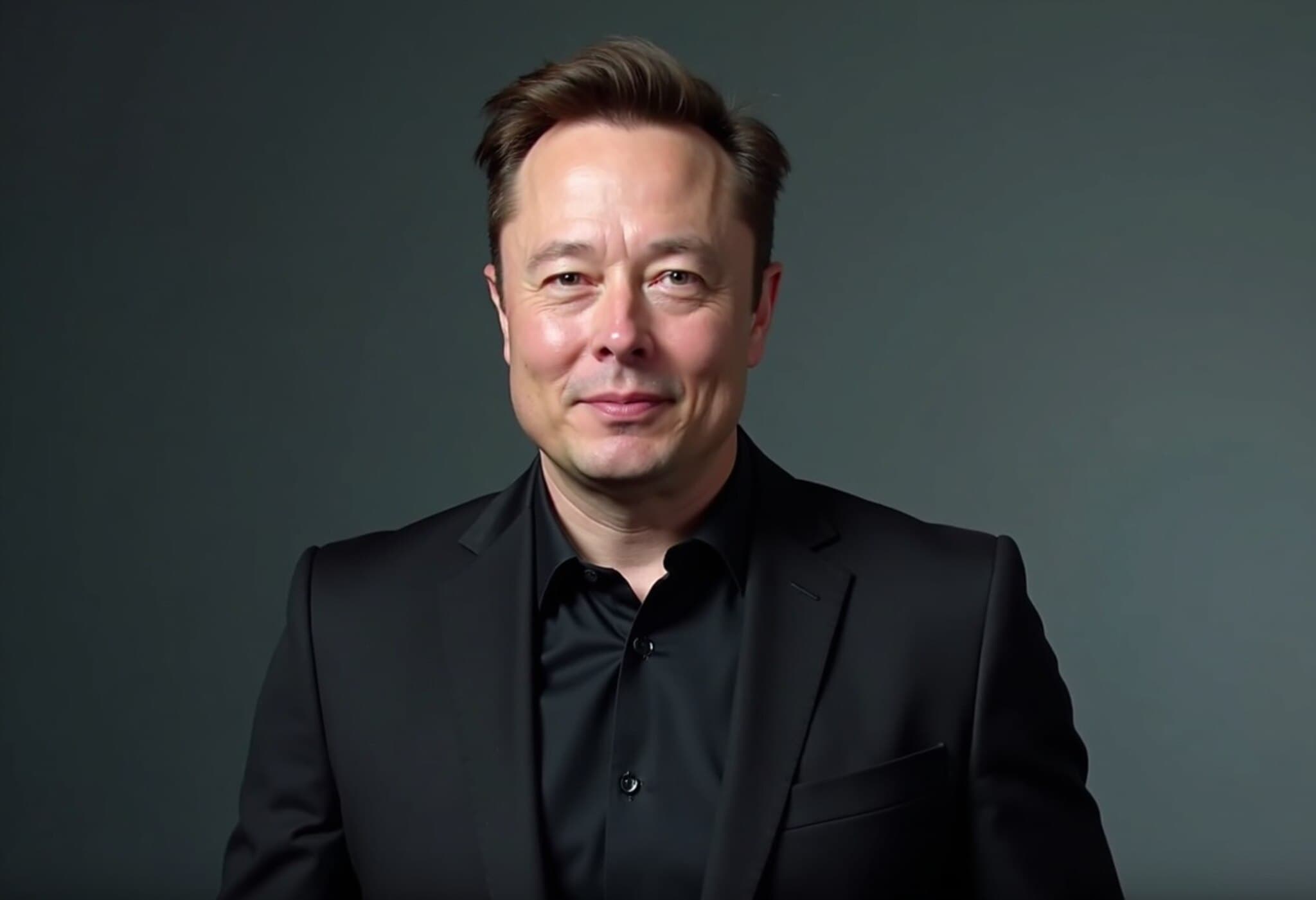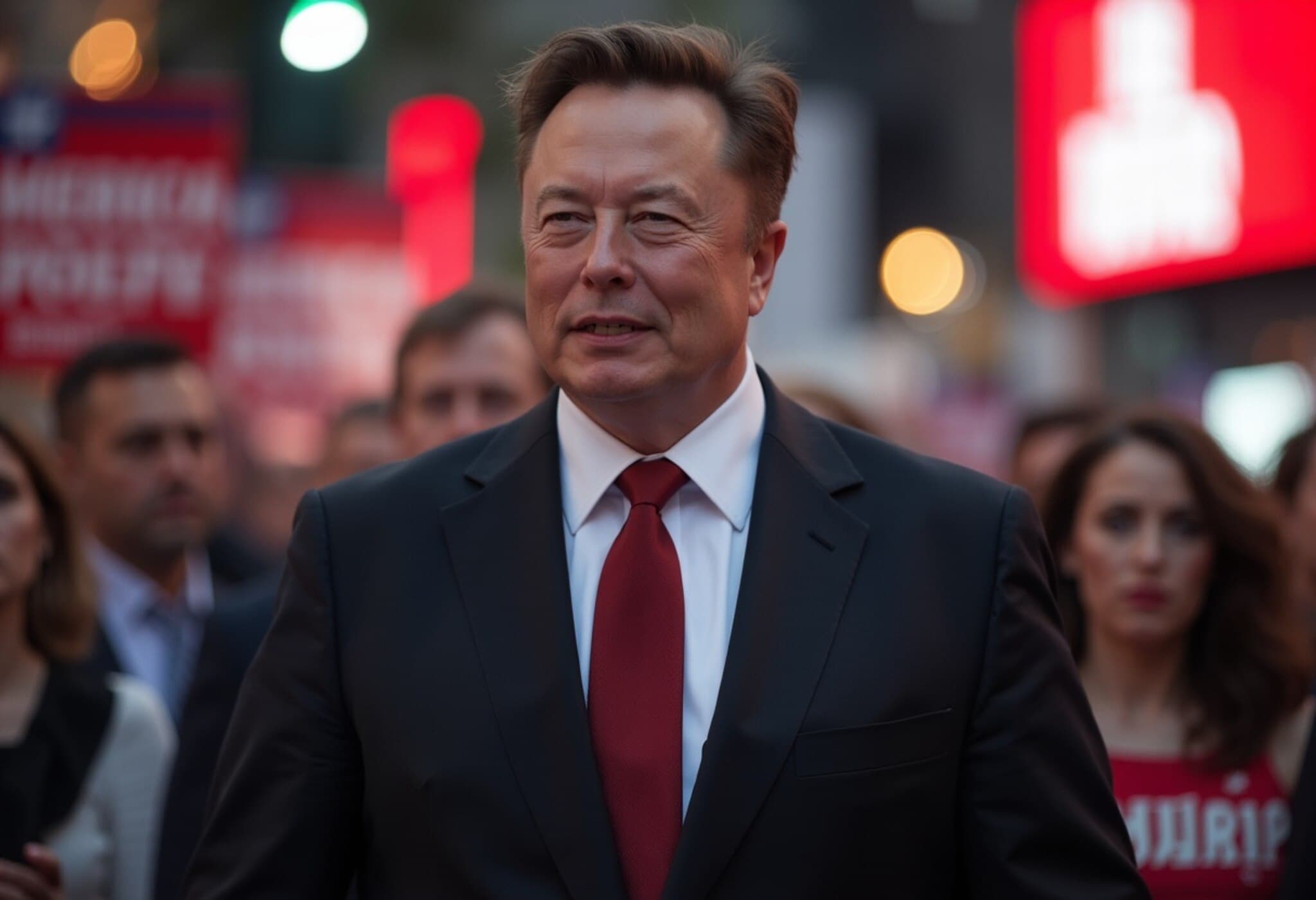The Changing CEO Mindset: Beyond Just Winning
Today's CEOs face an increasingly unpredictable landscape, where leading a company requires more than just chasing victories. From economic turbulence and geopolitical upheavals to rapid technological shifts, top executives are rewriting the rules of leadership, focusing heavily on resilience, adaptability, and continuous learning from setbacks.
Learning to Embrace Loss and Build Momentum
Zak Brown, CEO of McLaren Racing, candidly shares his leadership philosophy shaped by his racing career: winning is exhilarating, but learning to lose gracefully is essential. He expresses, "You lose more than you win, so mastering the art of losing and using it as motivation is key." Rather than fearing failure, Brown emphasizes nurturing an environment that encourages incremental daily progress to maintain momentum.
Brown’s approach stresses the idea of bouncing back quickly—after a setback, you get back in the driver’s seat, learn from mistakes, and push forward with renewed determination.
Navigating Leadership During Turbulent Times
Recent data reveals staggering CEO turnover, with over 2,200 executives stepping down in 2024 and an ongoing elevated pace into 2025. The volatility stems from mounting economic challenges, political complexity, and organizational upheaval.
Leaders like Nissan's Ivan Espinosa highlight the importance of keeping optimism alive amid adversity. Espinosa warns against paralysis caused by overwhelm, instead advocating for relentless forward motion. He has already initiated significant restructuring at Nissan, underscoring that alignment within leadership teams and agility are crucial for success in such complex conditions.
Espinosa firmly states, "Flexibility is non-negotiable. CEOs today must be open to change and avoid stubbornness."
Politics and Regulatory Pressures Shaping CEO Decisions
The external environment has become an increasingly decisive factor for CEOs. As noted by UniCredit’s Andrea Orcel, political and governmental influences now heavily impact corporate strategies. Even the most well-planned initiatives can stall if national interests conflict, requiring CEOs to navigate these non-business hurdles carefully.
Orcel’s experience with cross-border mergers at UniCredit spotlights the need for executives to anticipate and manage the interplay between regulatory bodies, governments, and business ambitions.
The AI Imperative: Transforming Organizations Under Board Scrutiny
Artificial intelligence is rapidly reshaping the CEO agenda. Boards are holding leaders accountable for swift AI adoption, pushing executives to integrate these technologies deeply across businesses to remain competitive.
Ravin Jesuthasan, an expert on future workplaces, explains, "Every CEO will be judged on how fast and thoroughly they embed AI to transform their organization." Beyond technology, CEOs must cultivate teams with adaptable mindsets and skill sets, capable of pivoting through disruption efficiently.
Efficiency under resource constraints is becoming the new norm. Jesuthasan shares insight from a CFO who projects achieving triple growth in the next five years while needing 50% fewer resources. Brown echoes this urgency: "What was good enough yesterday won’t cut it tomorrow."
Stepping into the Future: What CEO Leadership Looks Like Now
As a new wave of CEOs takes the helm at industry giants, they face the challenge of blending clear-sighted risk management, tech fluency, and decisive action. Success is no longer just about winning—it’s about continuous improvement, resilience in the face of failure, and building organizations prepared for rapid change.


